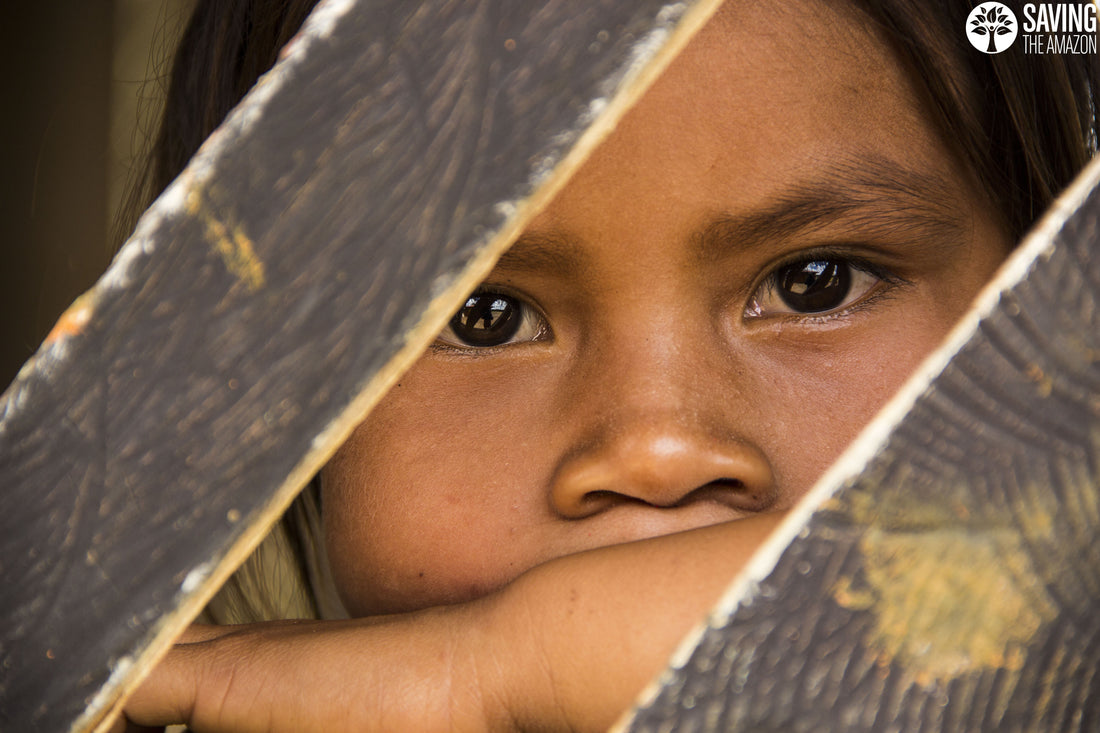Author: Isabella Celis Campos
For some years now, the importance of environmental leadership has taken on an unprecedented weight, with more and more people defending, mobilizing and making themselves heard for more socially and environmentally just realities. Well, in today's world – so complex, intricate and hyperproductive – environmental challenges cry out to be heard in all sectors of the population where, from very different shores and approaches, work is done for various purposes: from improving the quality and living conditions , protect and defend territories from destruction, make visible the various global, regional and local problems, exert pressure on authorities and rulers, educate and develop educational projects with an environmental focus, empower communities and many, many more.

The list is endless because there are no unique problems, nor are there unique, rigorous and established ways of exercising environmental leadership. Rather, this is a flexible, diverse action that adapts to each context and is based on and nourished by the visions of life in each community. In this sense, it is essential to understand that leadership is diverse, that is its main attribute, and that understanding, listening, accepting, and validating the visions of all individuals and recognizing their struggles, meanings of existence, and priorities that find space in leadership. efficient to create agenda, it is essential.
In this way, leadership is understood as a set of actions aimed at improving some aspect that is vital for the context in which one works. It is then a social utility that seeks commitment and co-responsibility to advance on a specific issue or problem and that is built around common and not individual interests seeking to provide well-being and quality of life. The latter, as mentioned above, vary depending on the context, since they are part of the way of life (thoughts, actions, activities, interests, meaning of life) that is unique for each individual. For example, the way of life of a city dweller diverges enormously from that of an indigenous person in the Amazon basin or that of a peasant in the Andes. Likewise, their notions of well-being and their interests in mobilizing for vital causes are also distant.

Through environmental leadership, life in the environment is defended and an agenda is set against the main current problems facing the planet.

With all this, it is worth asking why there are people who should dedicate themselves to defending something that fundamentally and constitutionally should be provided to all of us. Although for each region the situations and therefore their causes and consequences are very specific, it is possible to speak of patterns on a global scale. On the one hand, the way of thinking that began to take shape since Modernity has had an almost exclusively productive and economically efficient focus. In this sense, the priorities of governments and institutions have not focused on comprehensive support or on the promotion and preservation of natural and cultural diversity that is reflected in different areas, such as the scarce comprehensive state presence in peripheral territories and rural areas or in the inadequate implementation of regulations that fail to welcome and protect minorities and peripheral social groups.
Environmental leadership on the front lines
One of the least heard forms of leadership and environmental defense, to which little attention is paid, and one of the most dangerous and lethal is that of the front-line leaders: those people who seek to defend and preserve their territories and lands. . They are the most direct shield against harmful activities for the surrounding populations and communities and for the environment and they risk not giving in to land grabbing and territorial control by different actors who often go over their heads. communities violating and violating their rights, destroying and degrading vital virgin territories for climate regulation and the preservation of biodiversity.

The projects that are most involved in this situation at a global level are part of the hydrocarbons, mining, agro-industry or extensive agriculture, livestock and hydroelectric projects that do not carry out due diligence to comprehensively study the territory and all the factions that converge there. According to Global Witness, a non-profit organization that studies and follows the steps of environmental leaders around the world, confirms that the vast majority of these extractivist projects are promoted and executed without taking into account the multiple problems and intrinsic damage in the environmental and social systems where they are affected, from the symbolic to the most tangible, the groups that are supplied and live in it.
You have to understand that the territory is more than the space where you live. The territory, which in each geography is particular and incomparable, is a fundamental element for the creation of culture, which is also singular. The territory defines customs, worldviews, the purposes of existing and living. It is then understood as a root, a place where communities can take root, grow, inhabit and build their identity. So then, changing the use of their soils, modifying the landscape, replacing geographic attributes, fauna and flora and adding other values and purposes, is also modifying the identity of the populations that are directly dependent, from the spiritual to the economic , of the lands in which they live and their surroundings.
Sources
- Global Witness 2019 Annual Report “Defending Tomorrow”
- https://www.globalwitness.org/en/defending-tomorrow-en/
- https://www.globalwitness.org/es/blog-es/colombia-leads-number-killings-2019-global-witness-reports-es/
- https://www.globalwitness.org/en/blog/watershed-moment-corporate-accountability/
- https://www.elespectador.com/colombia2020/pais/impunidad-el-capitulo-colombiano-de-los-ambientalistas-asesinados-articulo-856948/




Comments
Quiero ser voluntaria para resguardar el amazonas y luchar por el cambio climático